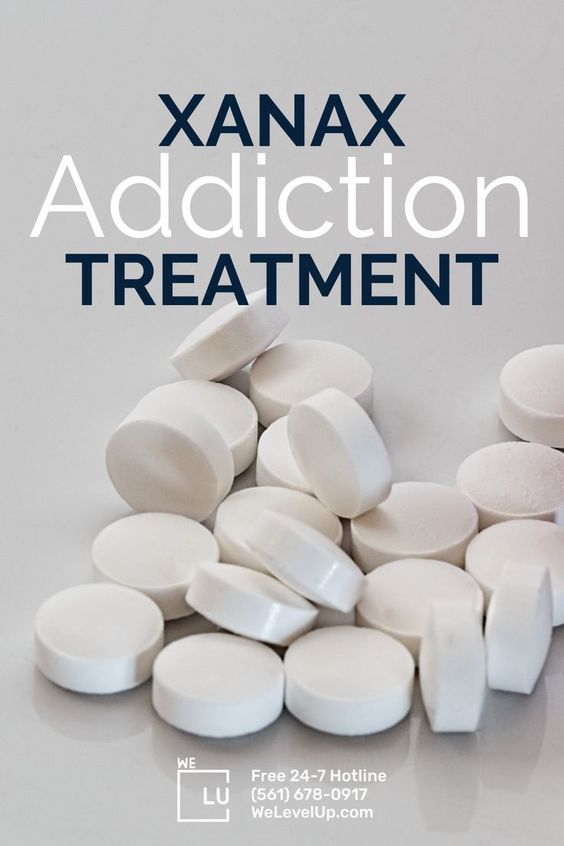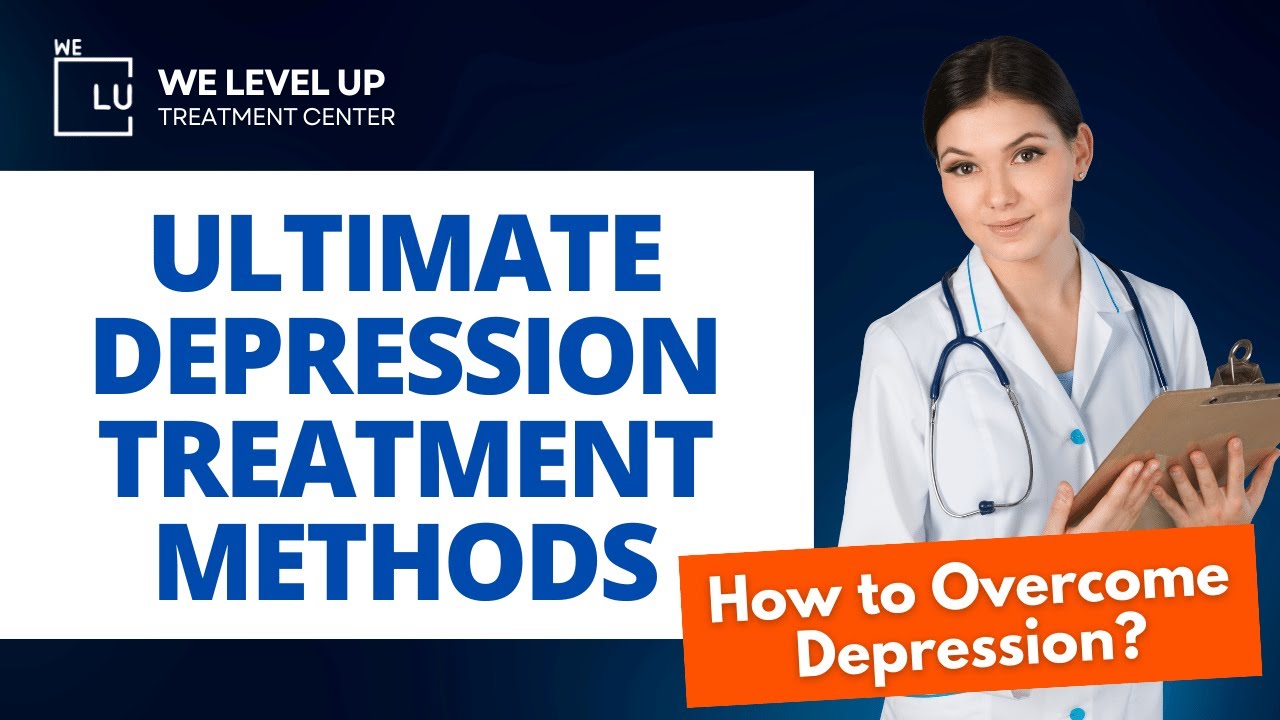What Is Ativan?
Ativan is used to relieve anxiety. Ativan is in a class of medications called benzodiazepines. It works by slowing activity in the brain to allow for relaxation. Ativan is also used to treat irritable bowel syndrome, epilepsy, insomnia, and nausea and vomiting from cancer treatment and to control agitation caused by alcohol withdrawal. Ativan side effects may cause several health risks, let’s discuss how to recognize serious complications from this medication.
Ativan Effects On The Body
Ativan side effects may increase the risk of serious or life-threatening breathing problems, sedation, or coma if used along with certain medications. [1] Tell your doctor if you are taking or plan to take certain opiate medications:
- For cough medications such as codeine (in Triacin-C, in Tuzistra XR) or hydrocodone (in Anexsia, in Norco, in Zyfrel)
- For pain medications such as codeine (in Fiorinal), fentanyl (Actiq, Duragesic, Subsys, others), hydromorphone (Dilaudid, Exalgo), meperidine (Demerol), methadone (Dolophine, Methadose), morphine (Astramorph, Duramorph PF, Kadian), oxycodone (in Oxycet, in Percocet, in Roxicet, others), and tramadol (Conzip, Ultram, in Ultracet)

Your doctor may need to change the dosages of your medications and will monitor you carefully. If you take Ativan with any of these medications and you develop any of the following symptoms, call your doctor immediately or seek emergency medical care immediately:
- Unusual dizziness
- Lightheadedness
- Extreme sleepiness
- Slowed or difficult breathing, or unresponsiveness
Be sure that your caregiver or family members know which symptoms may be serious so they can call the doctor or emergency medical care if you are unable to seek treatment on your own.
Ativan Effects On The Mind
The Ativan side effects may be habit-forming. Do not take a larger dose, take it more often, or for a longer time than your doctor tells you to. Tell your doctor if you have ever drunk large amounts of alcohol, if you use or have ever used street drugs, or have overused prescription medications. Do not drink alcohol or use street drugs during your treatment. Drinking alcohol or street drugs during your treatment with Ativan also increases the risk that you will experience these serious, life-threatening Ativan side effects. Also, tell your doctor if you have or have ever had depression or another mental illness.
Ativan may cause physical dependence (a condition in which unpleasant physical symptoms occur if a medication is suddenly stopped or taken in smaller doses), especially if you take it for several days to several weeks. Do not stop taking this medication or take fewer doses without talking to your doctor. Stopping Ativan suddenly can worsen your condition and cause Ativan withdrawal symptoms that may last for several weeks to more than 12 months.
Your doctor probably will decrease your Ativan dose gradually. Call your doctor or get emergency medical treatment if you experience any of the following symptoms:
- Unusual movements
- Ringing in your ears
- Anxiety
- Memory problems
- Difficulty concentrating
- Sleep problems
- Seizures
- Shaking
- Muscle twitching
- Changes in mental health
- Depression
- Burning or prickling feeling in your hands, arms, legs, or feet
- Seeing or hearing things that others do not see or hear
- Thoughts of harming or killing yourself or others
- Overexcitement
- Losing touch with reality
How Long Do The Effects Of Ativan Last?
When starting Ativan, anxiety or insomnia may improve rapidly or over a period of days or within hours of the first dose of medication. Ativan tablets and liquid start to work in around 20 to 30 minutes. The full sedating effect lasts for around 6 to 8 hours. The most common Ativan side effects include feeling sleepy (drowsy) during the daytime. It’s not recommended to use Ativan for longer than 4 weeks.
What Are The Side Effects Of Ativan?
Ativan may cause side effects. Call your doctor if any of the following symptoms are severe or do not go away:
- Drowsiness
- Dizziness
- Tiredness
- Weakness
- Dry mouth
- Diarrhea
- Nausea
- Changes in appetite
- Restlessness or excitement
- Constipation
- Difficulty urinating
- Frequent urination
- Blurred vision
- Changes in sex drive or ability
Some Ativan side effects can be serious. If you experience any of these symptoms or those listed in the IMPORTANT WARNINGS section, call your doctor immediately or get emergency medical treatment:
- Shuffling walk
- Persistent, fine tremor, or inability to sit still
- Fever
- Severe skin rash
- Yellowing of skin or eyes
- Irregular heartbeat
Ativan may cause other side effects. Call your doctor if you have any unusual problems while you are taking this medication.
Long Term Side Effects Of Ativan
Ativan is a safe and effective medication when used as directed. Benzodiazepines may produce emotional and/or physical dependence (drug addiction) even when used as recommended. Physical dependence may develop after 2 or more weeks of daily use. The risk of withdrawal reactions when stopping therapy with Ativan is increased with prolonged use of the medication.
Ativan Drug Interactions
Ativan should not be taken with other benzodiazepine medications. The Ativan side effects cause drowsiness, so caution should be used when combining it with other medications that cause drowsiness. These could include:
- Antihistamines such as diphenhydramine (Benadryl®)
- Narcotic pain medication such as morphine, oxycodone (OxyContin®), and hydrocodone (Vicodin® and Lortab®)
- Opioid cough medications such as codeine cough syrup
- Sleeping medications such as zolpidem (Ambien®)
- Other anti-anxiety medications, antipsychotic medications, certain anticonvulsant medications, and tricyclic antidepressant medications (such as amitriptyline) [2]

Ativan And Alcohol Interactions
Avoid drinking alcohol and using illegal drugs while you are taking Ativan. They may decrease the benefits (e.g., worsen your condition) and increase the Ativan side effects (e.g., sedation) of the medication. Alcohol increases the risk of accidental drug overdose with medications like Ativan.
Ativan And Klonopin Interactions
Using these drugs together can increase side effects such as drowsiness and sedation. Because Klonopin and Ativan are processed in the liver, they should be avoided or monitored with other drugs that are processed in the same way.
Ativan And Adderall Drug Interactions
Ativan is classified as a benzodiazepine, anticonvulsant, and antiemetic. It is prescribed mainly to people who have insomnia or an anxiety disorder because it has a sedative effect on the body’s central nervous system. Adderall is an amphetamine that works by producing calming effects which lead to higher concentration.
Mixing Adderall and Ativan is dangerous because it increases the risk of an overdose. Other health problems can be caused by this combination, too. Those who are currently abusing Adderall and Ativan together should learn the following information about the dangers and side effects which can happen if they don’t seek help.
Ativan Overdose
If an overdose occurs call your doctor or 911. You may need urgent medical care.
Symptoms of Ativan overdose include confusion, impaired coordination, slow reflexes, coma, and death. A specific treatment to reverse the Ativan side effects does exist. This medicine, called flumazenil, can reverse the effects of Ativan but must be given through an IV at a hospital. Only a doctor can decide if you need this medication.
Inpatient Drug Rehab Texas
The FDA has found that benzodiazepine drugs, such as Ativan, when used in combination with opioid medications or other sedating medications can result in serious adverse reactions including slowed or difficult breathing and death. Patients taking opioids with benzodiazepines, other sedating medications, or alcohol, and caregivers of these patients, should seek immediate medical attention if that start to experience unusual dizziness or lightheadedness, extreme sleepiness, slow or difficulty breathing, or unresponsiveness.
As a benzodiazepine, Ativan comes with the risk of abuse, misuse, and prescription drug addiction. The physical dependence on Ativan can occur with prolonged use of the medication. A withdrawal reaction may occur when stopping Ativan, but this risk can be reduced by slowly reducing the dose of Ativan when stopping.

How We Can Help? Searched for “Texas inpatient consultants or drug and alcohol treatment centers in Houston TX?” or are you seeking a national inpatient rehab destination?
Receive detox and treatment for co-occurring disorders today.
As the addiction treatment community begins to realize that addiction is itself a mental disorder, the relationship between substance abuse and mental disorders becomes more complicated. The greater treatment community largely lacks a proper understanding of dually diagnosed conditions, so these conditions are still treated separately, or worse–not treated or diagnosed at all. The dual diagnosis treatment centers in We Level Up Florida, California, Texas, and New Jersey are some of the facilities that have professionals trained to help treat co-occurring disorders concurrently. This type of tandem treatment provides some of the best success rates.
Get dual diagnosis treatment for individuals struggling with Ativan side effects or drug abuse. Call We Level Up TX today!
Sources:
[1] Lorazepam – U.S. Department of Health and Human Services National Institutes of Health
[2] Lorazepam (Ativan) – https://www.nami.org/About-Mental-Illness/Treatments/Mental-Health-Medications/Types-of-Medication/Lorazepam-(Ativan)





